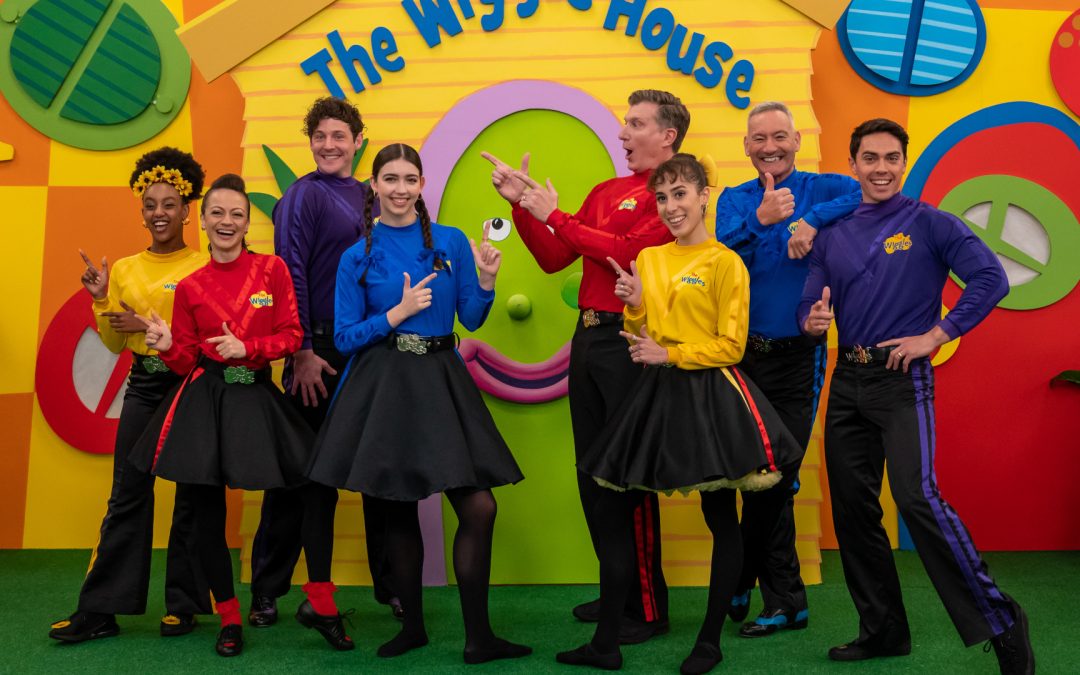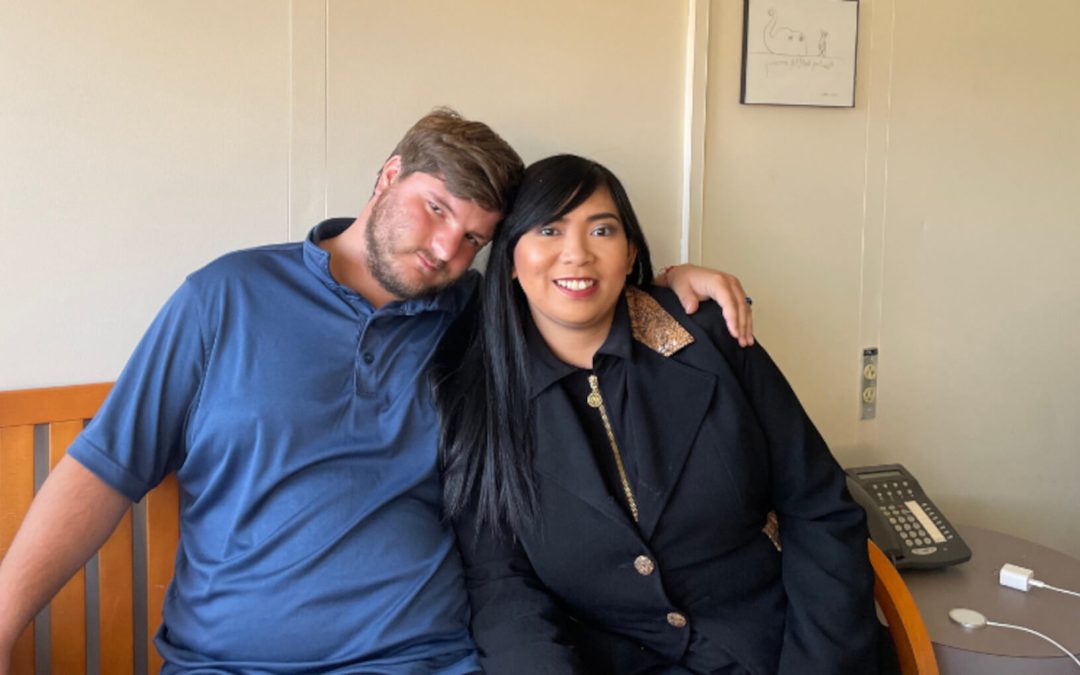What is a caucus? Is Iowa the only state to have one? Who will win tonight? John delves into these questions and more and also gives some takes on the Star Wars franchise.

Episode 51: The Wiggles — A Fan’s Tribute
What’s that about fruit salad? Why is Jeff asleep?


0 Comments